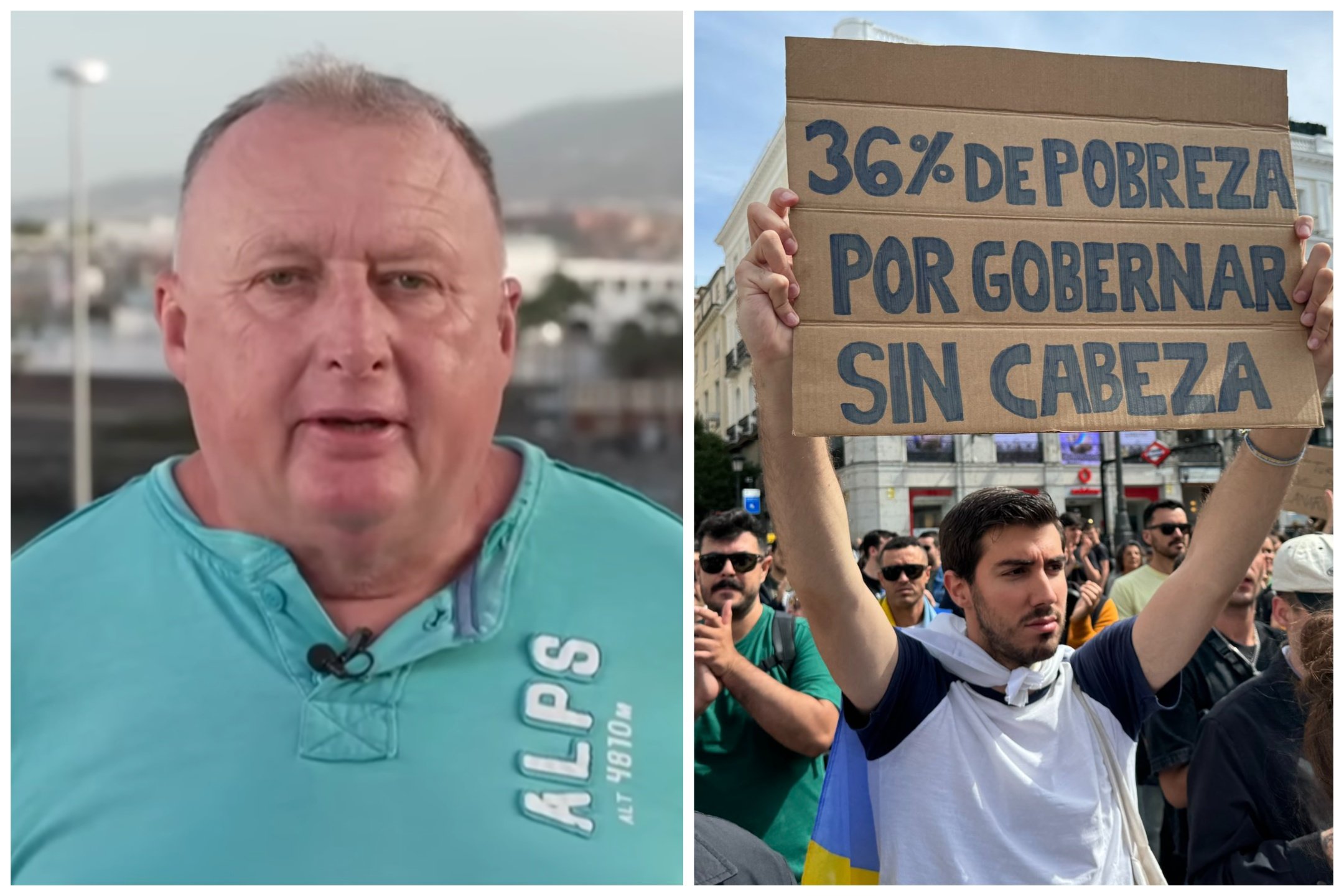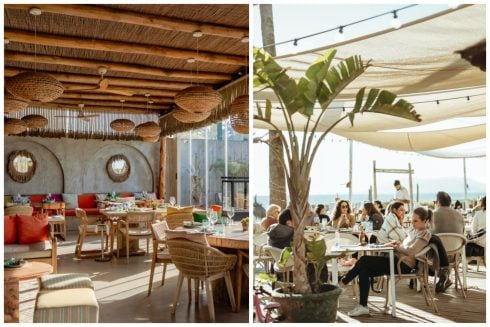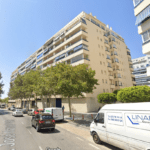A BRITISH expat has insisted anti-tourism protests in Spain are not against individuals but rather the ‘excessive’ nature of the industry itself.
Brian Harrison has lived on Tenerife in the Canary Islands for more than 20 years and joined last week’s 60,000-strong demonstration.
The archipelago has been at the epicentre of the so-called ‘turismofobia’ movement, which has seen a wave of protests across the country in recent months – with more planned this year.
The movement is calling for stricter controls on visitor numbers, an eco-tax and regulations on holiday apartments.
READ MORE: EXCLUSIVE: What’s REALLY behind the anti-tourism protests? Locals give their verdict
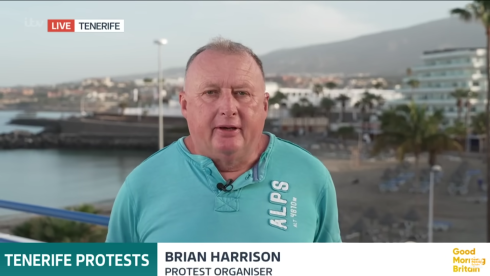
Speaking to Good Morning Britain, Brian said: “It’s not a beef with the people coming here, it’s the sheer amounts of people.
“When I arrived to the island in 1991, there were maybe two million tourists per year, now this number has gone up to almost six million.
“For an island with limited space it is unsustainable, that is the issue, not the people.”
He added: “Firstly, the graffiti is not as widesrpead as some UK media has claimed, it’s not everywhere, you have to go look for it.
“Tourists are always welcome here, there will be no hostility to any tourists, but action has to be taken.
“The government has had three decades to resolve this issue, and it’s been getting worse every year…
“This is a last resort, really, to get the government to take notice… they have to take action to limit tourism and to make tourism sustainable… it’s causing a lot of damage to the island and to the lives of the residents.”
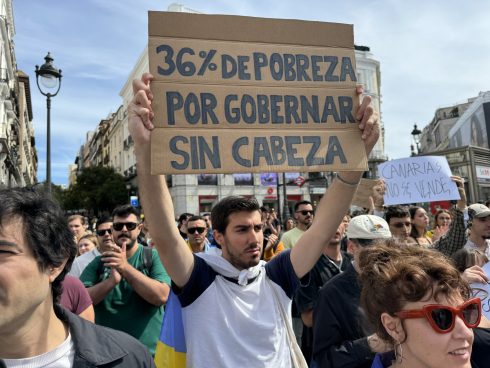
When pressed on how essential tourism is for the economy, he said: “There’s no economic model that proves that limiting tourism and increasing the quality of tourism has a negative impact – on the contrary, a lot of destinations apply a tourist tax and there’s no negative impact at all.”
When asked what protesters wanted, he explained: “To stop the construction of tourist developments, especially in protected areas… limit the holiday letting which is uncontrolled, causing a huge housing crisis… and applying a tourist tax to create a revenue income to restore damaged parts of the island.”

